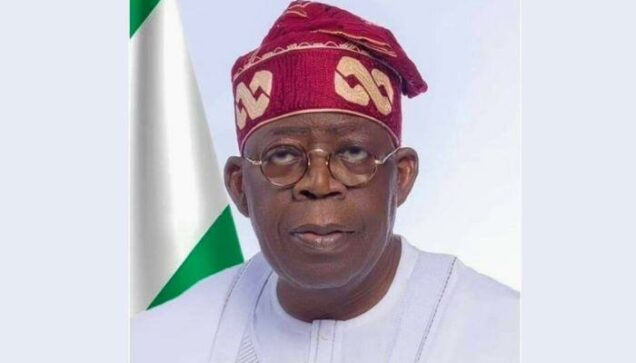President Bola Ahmed Tinubu has taken a major step toward overhauling Nigeria’s tax system with the introduction of sweeping reforms aimed at improving fiscal efficiency, strengthening revenue generation, and promoting equitable development across the country.
The reform initiative, which includes four crucial tax-related bills, has received backing from the National Assembly and is expected to redefine the country’s revenue structure. The bills are: the Nigeria Tax Bill 2024, the Nigeria Tax Administration Bill, the Nigeria Revenue Service (Establishment) Bill, and the Joint Revenue Board Establishment Bill.
One of the most notable changes under the proposed legislation is the replacement of the Federal Inland Revenue Service (FIRS) with a new entity, the Nigeria Revenue Service (NRS). This new agency is expected to enhance accountability, improve service delivery, and ensure regional balance in tax administration through a restructured board and clear reporting mechanisms.
A key feature of the reform package is the restructuring of the Value Added Tax (VAT) sharing formula. Under the proposed model, 60% of VAT revenue will now go to the state where consumption occurs, 20% will be distributed based on population, and the remaining 20% shared equally among all states. The move is designed to give sub-national governments greater control over resources and encourage internally generated revenue.
The Tinubu administration has also announced relief measures targeting low-income earners. Individuals earning up to ₦800,000 annually will be exempt from personal income tax. For those earning between ₦800,000 and ₦3 million, only the amount exceeding ₦800,000 will be taxed at a flat rate of 15%. This policy is expected to cushion the economic burden on vulnerable Nigerians while expanding the formal tax net.
In a complementary move to stimulate local industry, President Tinubu signed an Executive Order removing import duties and VAT on specific equipment and raw materials used in the production of pharmaceuticals, diagnostics, and medical devices. The government says the goal is to reduce manufacturing costs, increase access to quality healthcare products, and support Nigeria’s industrialisation agenda.
While the reforms have drawn praise from financial analysts and economic stakeholders, some critics have raised concerns over implementation and the risk of placing additional burdens on states with limited economic capacity. However, the federal government maintains that the reforms are essential for diversifying Nigeria’s revenue sources and reducing the country’s longstanding dependence on oil.
President Tinubu, who has consistently emphasised economic reform as a key pillar of his Renewed Hope Agenda, insists the new tax framework will not only expand Nigeria’s revenue base but also empower states to become more financially self-reliant and development-driven.
The administration has pledged to ensure transparency and collaboration throughout the reform process, with assurances that all stakeholders—including state governments, businesses, and civil society—will be engaged to guarantee effective implementation and national buy-in.







